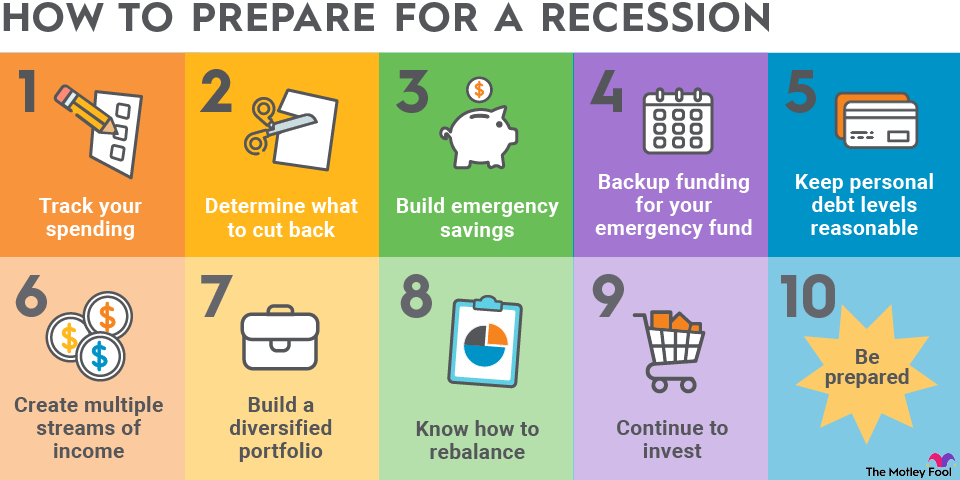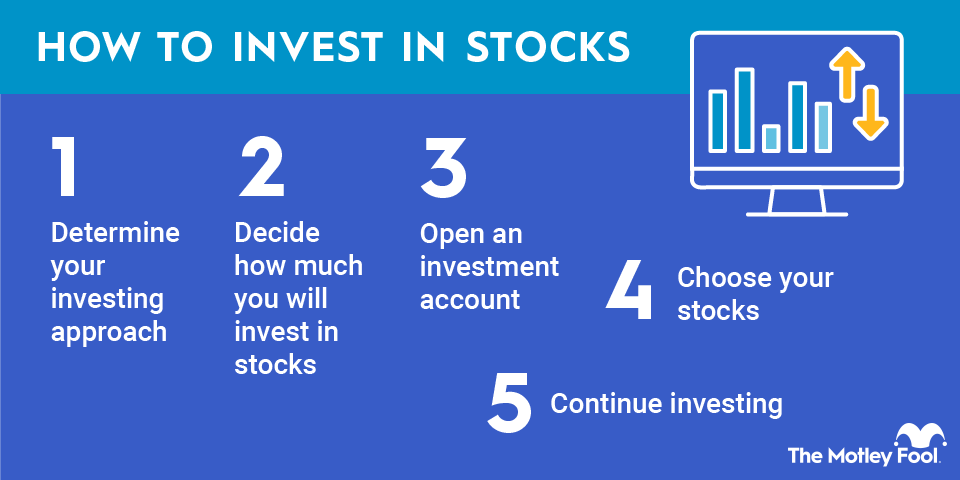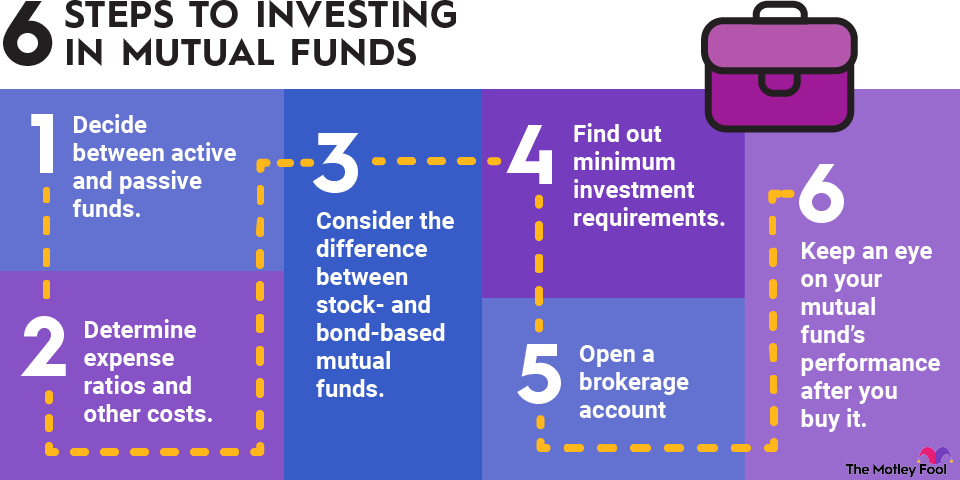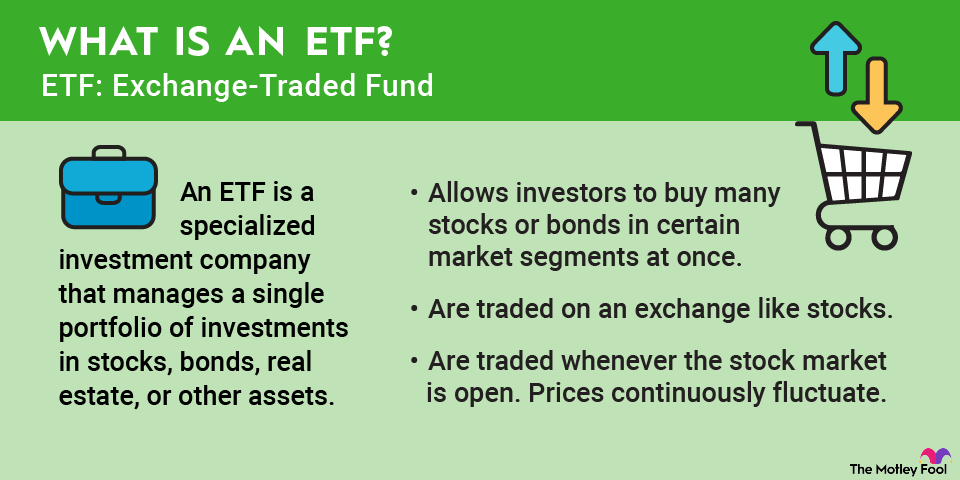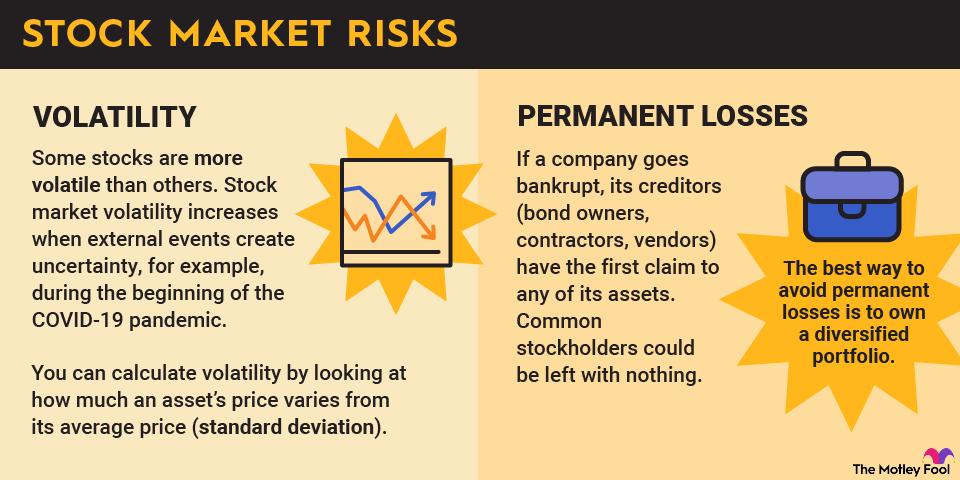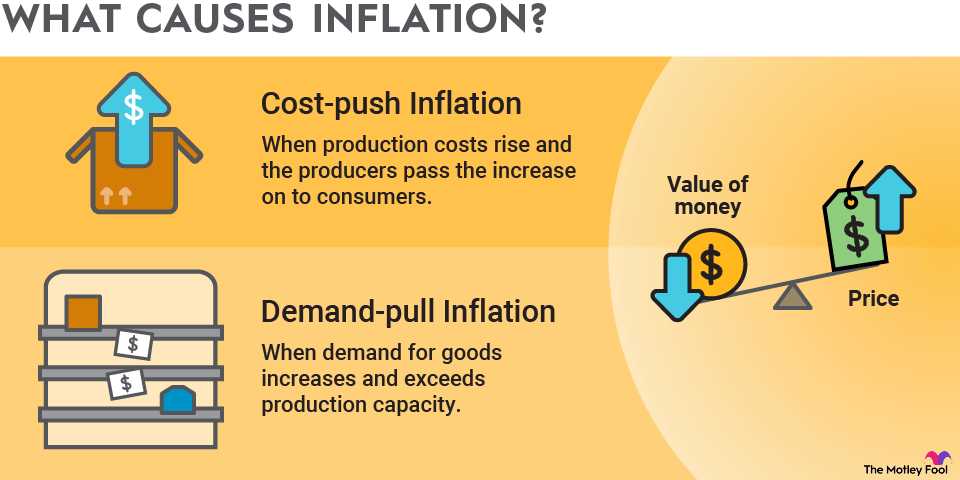Companies with the financial flexibility to survive a long disruption tend to be excellent long-term investment opportunities during recessions.
In a recession, how you invest can be just as important as what you invest in. In recessions, stocks tend to be rather volatile, as anyone who was involved in the market during the 2008-09 financial crisis can tell you.
Rather than trying to time the market, invest incrementally. Known as dollar-cost averaging, this strategy refers to investing equal dollar amounts at certain time intervals as opposed to buying all at once. This way, if prices continue to fall, you can take advantage and buy more. And, if prices start to rise, you'll end up buying more shares at the lower prices and fewer shares when your favorite stocks start to get more expensive.
In a nutshell, a recession can be a great time to buy the stocks of top-notch businesses at favorable prices, but there's no need to put all of your money to work at the same time, regardless of how cheap stocks look.
